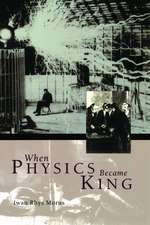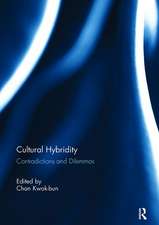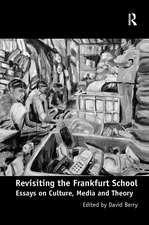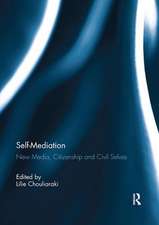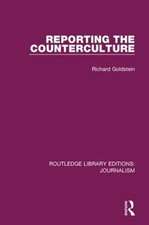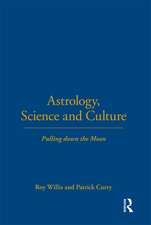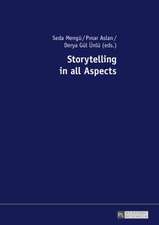Bodies/Machines
Editat de Iwan Rhys Morusen Limba Engleză Paperback – 30 noi 2002
| Toate formatele și edițiile | Preț | Express |
|---|---|---|
| Paperback (1) | 232.43 lei 6-8 săpt. | |
| Bloomsbury Publishing – 30 noi 2002 | 232.43 lei 6-8 săpt. | |
| Hardback (1) | 715.66 lei 6-8 săpt. | |
| Bloomsbury Publishing – 30 noi 2002 | 715.66 lei 6-8 săpt. |
Preț: 232.43 lei
Preț vechi: 265.91 lei
-13% Nou
Puncte Express: 349
Preț estimativ în valută:
44.47€ • 46.44$ • 36.81£
44.47€ • 46.44$ • 36.81£
Carte tipărită la comandă
Livrare economică 05-19 aprilie
Preluare comenzi: 021 569.72.76
Specificații
ISBN-13: 9781859736951
ISBN-10: 1859736955
Pagini: 256
Ilustrații: 20 b&w illustrations, bibliography, index
Dimensiuni: 156 x 234 x 13 mm
Greutate: 0.43 kg
Editura: Bloomsbury Publishing
Colecția Berg Publishers
Locul publicării:London, United Kingdom
ISBN-10: 1859736955
Pagini: 256
Ilustrații: 20 b&w illustrations, bibliography, index
Dimensiuni: 156 x 234 x 13 mm
Greutate: 0.43 kg
Editura: Bloomsbury Publishing
Colecția Berg Publishers
Locul publicării:London, United Kingdom
Caracteristici
Also available in hardback, 9781859736906 £50.00 (December, 2002)
Notă biografică
Iwan Rhys Morus Lecturer/Wellcome Award Holder,Queen's University, Belfast
Cuprins
List of IllustrationsList of ContributorsAcknowledgements1 Introduction2 'A Great and Difficult Thing': Understanding and Explaining the Human Machine in Restoration EnglandMichael Hawkins3 England and the Machinery of Reason, 1780 to 1830William J. Ashworth4 The Governor and the Telegraph: Mental Management in British Natural PhilosophyElizabeth Green Musselman5 A Grand and Universal Panacea: Death, Resurrection and the Electric ChairIwan Rhys Morus6 'Instruments to Lay Hold of Spirits': Technologizing the Bodies of Victorian SpiritualismRichard Noakes7 Spot Watching, Bodily Postures and the 'Practised Eye': the Material Practice of Instrument Reading in late Victorian Electrical LifeGraeme Gooday8 Bodies, Machines and NoiseJon AgarSelect BibliographyIndex
Recenzii
'Where Bodies/Machines succeeds is in its efforts to complicate common misconceptions as to the centrality and scope of the mechanistic view of the human body as it has evolved over the past three centuries.'John Baily, Department of English, University of Melbourne

